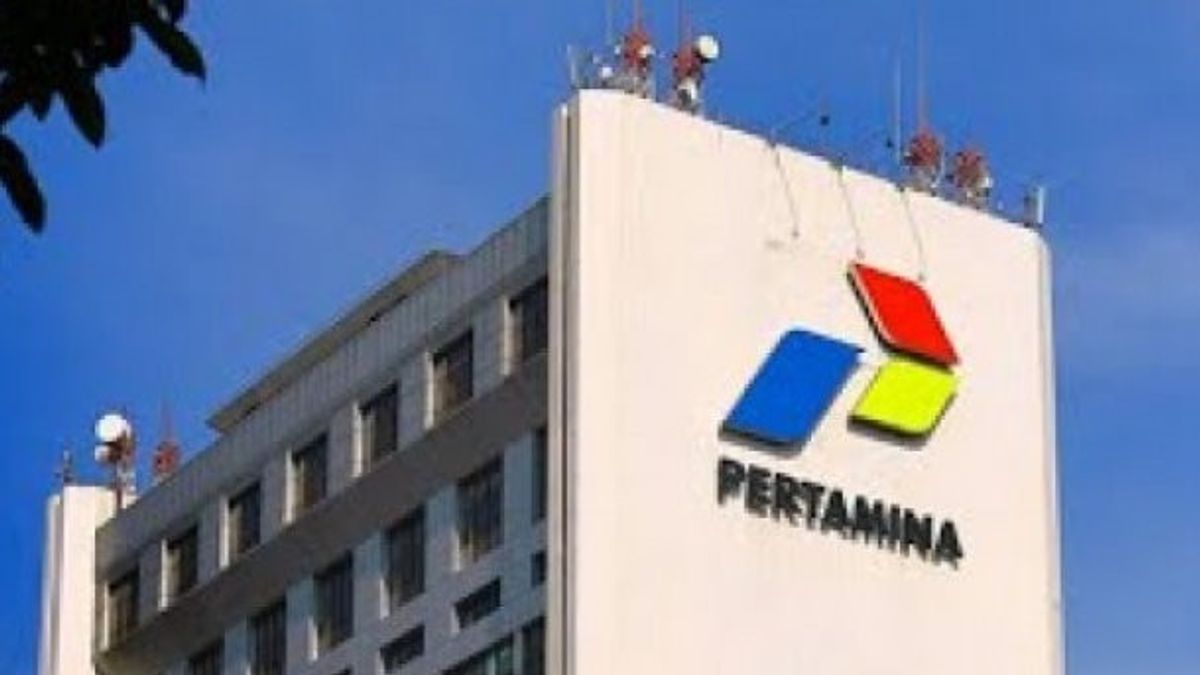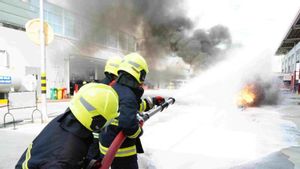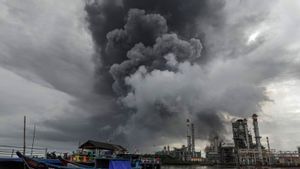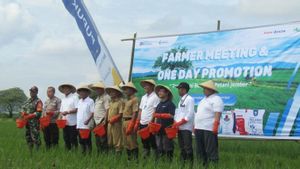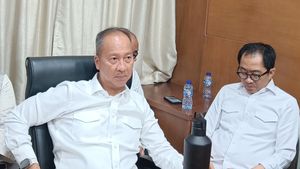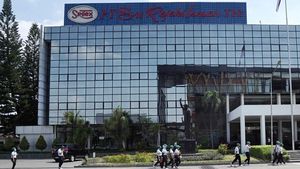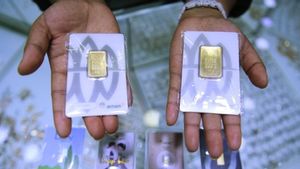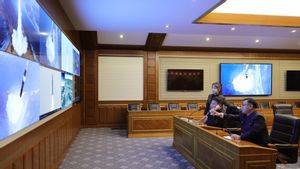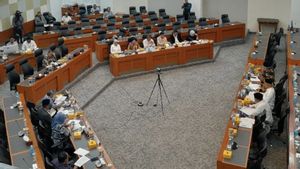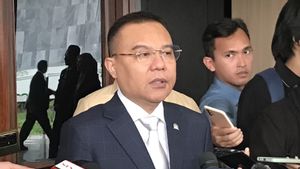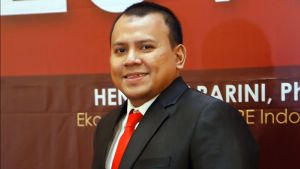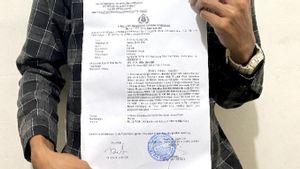JAKARTA - Pertamina cooperates with ExxonMobil to study the application of Carbon Capture & Storage (CCS) and Carbon Capture, Utilization & Storage (CCUS) technologies in three oil and gas fields.
The three regions include South Sumatra, East Kalimantan and West Java
This cooperation agreement between Pertamina and ExxonMobil was realized through a Joint Study Agreement (JSA) as a follow-up to the MOU signed by both parties at COP 26 last year in Glasgow.
The JSA was signed by the President Director of Pertamina, Nicke Widyawati, and the President of ExxonMobil Indonesia, Irtiza H. Sayyed, in the United States.
VOIR éGALEMENT:
The signing of this agreement was witnessed by the Coordinating Minister for Maritime Affairs and Investment Luhut Binsar Pandjaitan and the Ambassador of the Republic of Indonesia to the United States Rosan Roeslani.
The Coordinating Minister for Maritime Affairs and Investments, Luhut Binsar Panjaitan, said this cooperation was the answer for several developed countries who were hesitant to see developing countries like Indonesia in making policies related to climate change issues.
“We are very careful about this one policy. such as the problem of a depleted reservoir is a very important problem as one of our targets because the integrated industry in Kalimantan uses a depleted reservoir somewhere in East Kalimantan so that we can inject it into a depleted reservoir," Luhut said in a written statement to the media, Tuesday, May 17.
Luhut said the government would support Pertamina and ExxonMobil to invest by preparing everything needed.
According to him, ExxonMobil has been investing in Indonesia for decades, and the Government of Indonesia welcomes this additional investment.
Meanwhile, Pertamina President Director Nicke Widyawati said, as an energy state-owned company, Pertamina continues to be committed to supporting government programs to accelerate the energy transition and achieve the emission reduction target of 29 percent by 2030.
Pertamina supports the government's target of realizing Indonesia Net Zero Emission, through various initiatives carried out by the company.
"The application of Carbon Capture & Storage (CCS) and Carbon Capture, Utilization & Storage (CCUS) technologies is an important initiative to reduce emissions as well as a solution for the application of Enhance Oil/Gas Recovery (EOR/EGR) technology to increase oil and gas production, said Nicke.
The application of CCS and CCUS technology, added Nicke, is expected to play an important role in reducing greenhouse gases in the atmosphere, which contribute to global warming, climate change, ocean acidification, and loss of biodiversity.
"The energy sector does contribute the most to GHG emissions, so the transition to sustainable energy is the most pressing challenge we face today," added Nicke.
Nicke added that Indonesia holds the G20 Presidency by prioritizing the transition to sustainable energy as one of the main issues.
As President Joko Widodo said at the G20 Summit in Italy late last year, G20 member countries and business actors must be the catalyst for green recovery and work hand in hand with the principles of energy security, accessibility, and affordability.
On this occasion, President of ExxonMobil Low Carbon Solutions, Joe Blommaert emphasized, this collaboration is another step forward for the two companies and places Indonesia into a potential CCS Hub for Southeast Asia, and plays a major role in supporting emission reductions from sectors that are difficult to remove carbon.
This cooperation agreement between Pertamina and ExxonMobil will last for 2 years.
The cooperation also makes it possible to establish regional CCS/CCUS central storage, discover upgraded oil and gas recovery areas and blue hydrogen generators.
"The development of CCS & CCUS technology is in line with Pertamina's commitment to implement Environment, Sustainability, & Governance (ESG) in all lines of the company's business, to encourage business sustainability in the future," concluded Nicke.
The English, Chinese, Japanese, Arabic, and French versions are automatically generated by the AI. So there may still be inaccuracies in translating, please always see Indonesian as our main language. (system supported by DigitalSiber.id)
